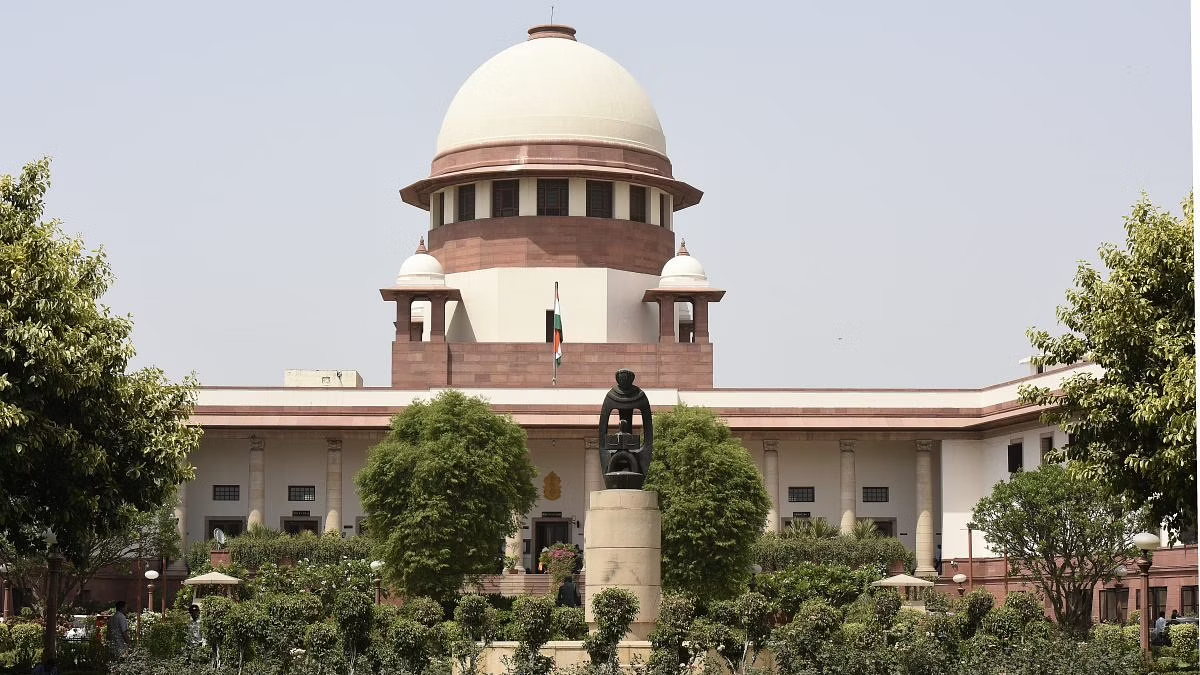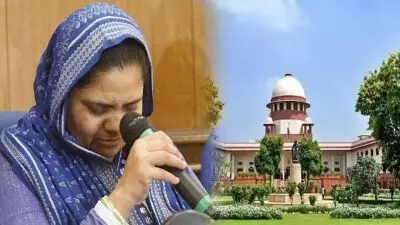
When judiciary becomes unjust
text_fieldsSome judgments and statements heard in the last few days reveal serious cracks in the justice system in India. The statement by Law Minister Kiren Rijiju in the Lok Sabha that the Supreme Court should consider constitutional issues and not 'frivolous' bail pleas, has been seen, quite naturally as an extra-constitutional interference in the judiciary's working. In an indirect response to that, Supreme Court Chief Justice Chandrachud said in a speech that no case is small and the Supreme Court has the responsibility to intervene when individual freedom is denied. Further to this, Justice Chandrachud observed in another lecture that as the protector of individual liberty and fundamental rights, the Constitution is also a moral document. Unfortunately, some of the actions and judgments citizens experience from the judiciary today negate the essence of this conceptual position. Simply put, our justice system endorses this denial of justice while following the law literally. Laws that provide loopholes for abuse and exploitation fail to be tested in the balance of justice.
The Supreme Court has now decided not to review the verdict that the Gujarat government is the competent court to decide the release of the accused in the Bilkis Bano case. The court looked at the law and not justice behind the Gujarat government's decision to release the 11 accused. Though Bilkis Bano argued that the Maharashtra government should have decided the release as the punishment was passed by the Mumbai court, the court said that since the crime took place in Gujarat, the government there should decide the release. What happened in effect with this interpretation. is that justice got removed from the law.
There is a reason for the question to arise whether Justice Tahilramani herself is a victim of this unjust law. She was the one who upheld the conviction of the accused in the Bilkis Bano case while in the Bombay High Court. Whether there was a serious connection with this or not, the act of the collegium headed by Justice Ranjan Gogoi transferring her- who was supposed to be the Chief Justice of the Madras High Court- to the Meghalaya Court had become a controversy. Then she resigned. The Supreme Court justified the transfer saying it was for 'better administration of justice'. After her resignation, the Supreme Court handed over allegations against her to the CBI. Yesterday, the government said in Parliament that the CBI found that the allegations were based on false information received by the IB. It is not a 'better dawn of justice' but a blind enforcement of the law. The law, on the other hand, is found to work mostly in favour of criminals. In the Bilkis Bano case, appeals against the release of the accused are pending before the Supreme Court. With Justice Bela M Trivedi recusing herself from the bench which was supposed to consider the case, a new bench has to be constituted. Although recusal is perfectly legal, it will delay the dawn of justice. Justice being delayed is itself injustice to the victims.
What our judiciary did to 84-year-old Stan Swamy may also be right in law. But it was so grossly unfair that it could be termed as 'judicial homicide'. And the information that came out recently is that he, who died in custody fighting diseases before being granted bail, was even arrested after being trapped on a fabricated charge. US-based 'Arsenal Consulting' has now discovered that someone planted fake evidence through Pegasus, an Israeli spy software, on the computers of many accused in the Bhima Koregaon case, including Stan Swamy. In this case too, the court's decision not to grant bail even to an elderly person who was about to die was perfectly legal; and that's the way our 'terror' laws work. After all, experience is that if a false case is filed under UAPA against those who are hostile to the government, the court, which only looks at the law, can do only that much.
Where is the place of the Constitution, which the Chief Justice calls a 'moral code' when even the very legal process becomes an unjust punishment? Remember, Nazi rule in Germany, Fascism in Italy, Apartheid in South Africa, colonialism and racism were all 'legitimate'. History shows that law without justice is a injustice with double strength. .

























